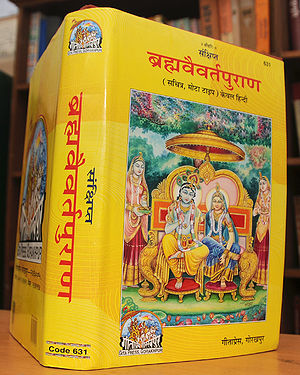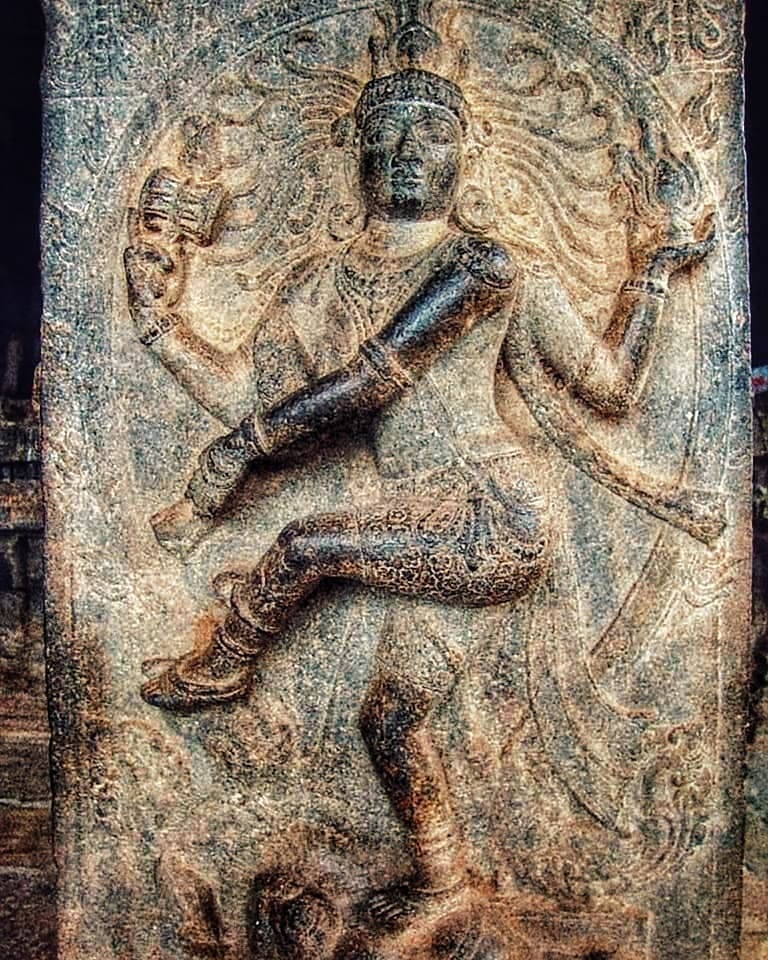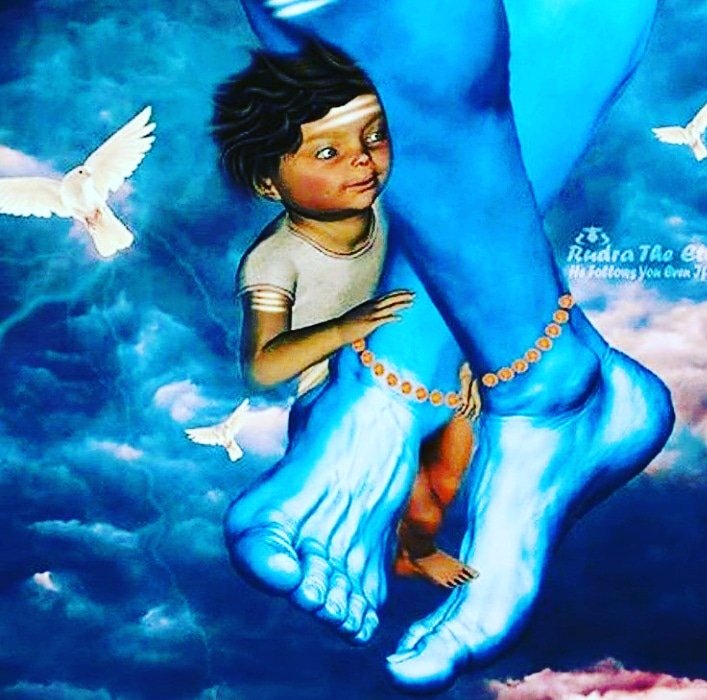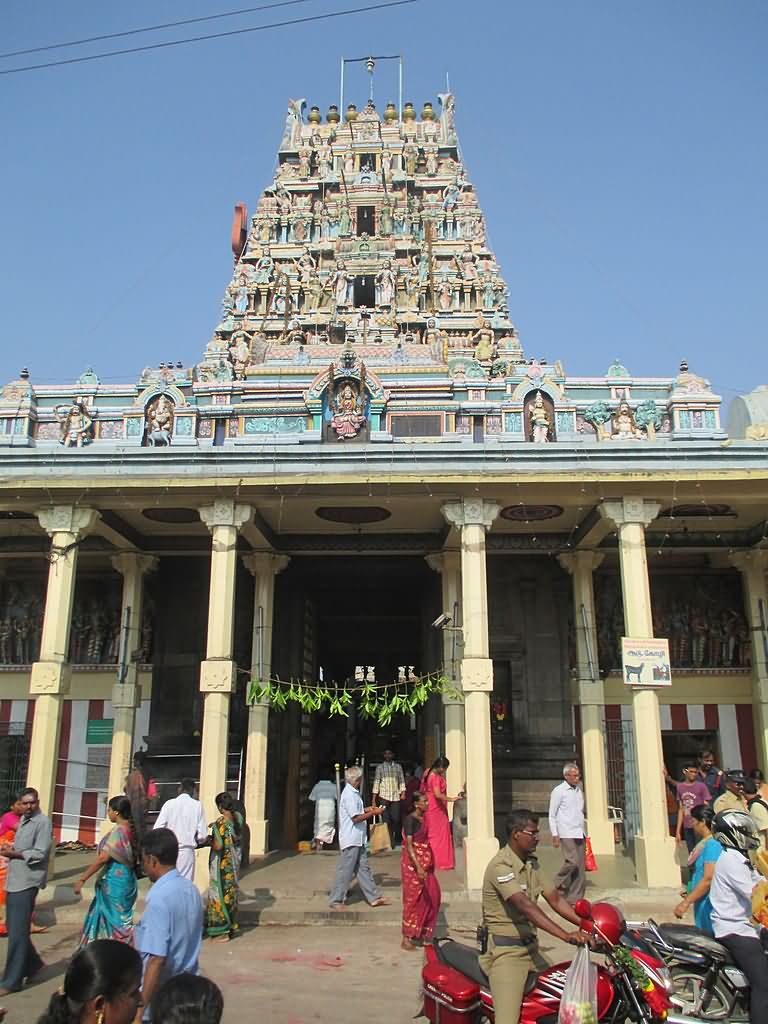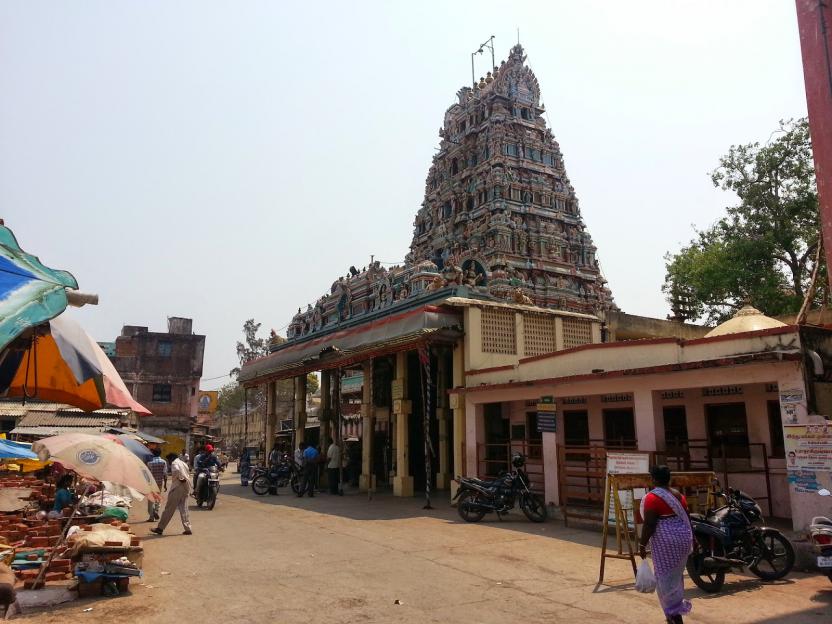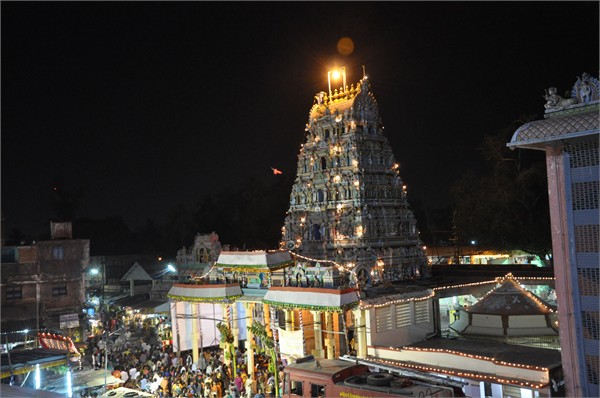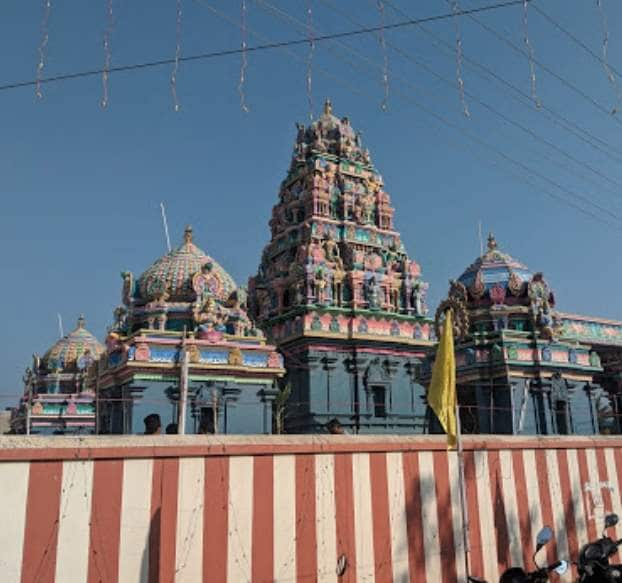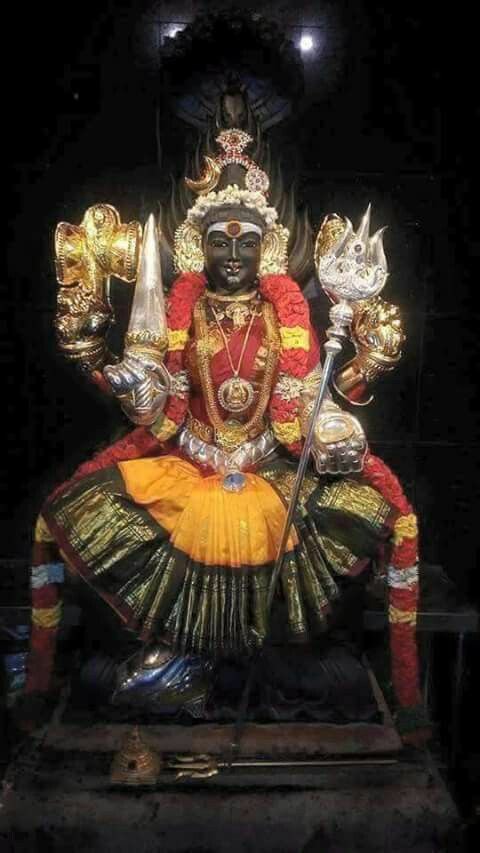Short Thread: The Islamic wedding
They are those who pray, “Our Lord! Bless us with ˹pious˺ spouses and offspring who will be the joy of our hearts, and make us models for the righteous.”
The ideal Islamic wedding starts from praying for and choosing a pious spouse. This will ease your wedding.
“Say, “Surely my prayer, my worship, my life, and my death are all for Allah—Lord of all worlds” Q6:162
This offers us a nexus between celebrating our weddings without being sinful and having a blessed marriage
The reason for the acceptability May f these cultural differences is the known legal maxim in the Shariah:
العادة محكَّمة
Custom is a basis for judgement.
More from Religion
just a my thought...
❶/12 Roughly speaking, primitive Buddhism was about liberation from the inner suffering of the ordained individual. In contrast, Mahayana Buddhism, especially the teachings of the Lotus Sutra, emphasises 'the salvation of all people, together'.
❷/12 In short, people of Mahayana Buddhism do Practice as Bodhisattva for all in the secular world. Strictly, these are different religions, and primitive Buddhism is not well suited to being associated with the state or secular communities.
❸/12 I believe that if anti-secular primitive Buddhism had arrived in ancient Japan it would not have spread very far. In Japan, where rice cultivation is very important, the idea of destroying the community would have been a threat of people's survival.
❹/12 By the way, it's perhaps inevitable that the purity of the teachings will diminish depending on how they are disseminated in society. In other words, I think that, roughly speaking, what develops away from the original form can even become a civilization.
❺/12 But anything that significantly reduces the quality of the original should be called a degeneration. I think that Christian civilization, although flawed, has built a civilization in tension.
❶/12 Roughly speaking, primitive Buddhism was about liberation from the inner suffering of the ordained individual. In contrast, Mahayana Buddhism, especially the teachings of the Lotus Sutra, emphasises 'the salvation of all people, together'.
Bodhisattva is also important for understanding the Japanese. It was a very developed in Mahayana Buddhism. Liberators keep putting off and dedicating until all people are saved. This is an ideal prototype. But this devoted tradition is disappearing under the Weimar Constitution. https://t.co/uBTcwOjlWt
— Atsumori \u6566\u76db (@atsumori5834) January 9, 2020
❷/12 In short, people of Mahayana Buddhism do Practice as Bodhisattva for all in the secular world. Strictly, these are different religions, and primitive Buddhism is not well suited to being associated with the state or secular communities.
❸/12 I believe that if anti-secular primitive Buddhism had arrived in ancient Japan it would not have spread very far. In Japan, where rice cultivation is very important, the idea of destroying the community would have been a threat of people's survival.
❹/12 By the way, it's perhaps inevitable that the purity of the teachings will diminish depending on how they are disseminated in society. In other words, I think that, roughly speaking, what develops away from the original form can even become a civilization.
❺/12 But anything that significantly reduces the quality of the original should be called a degeneration. I think that Christian civilization, although flawed, has built a civilization in tension.


